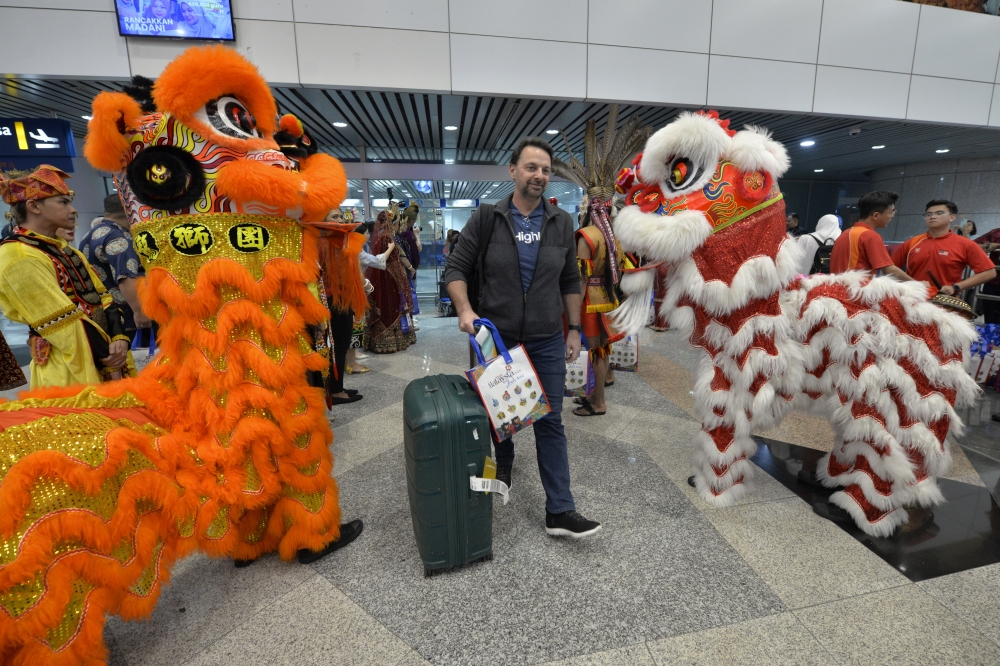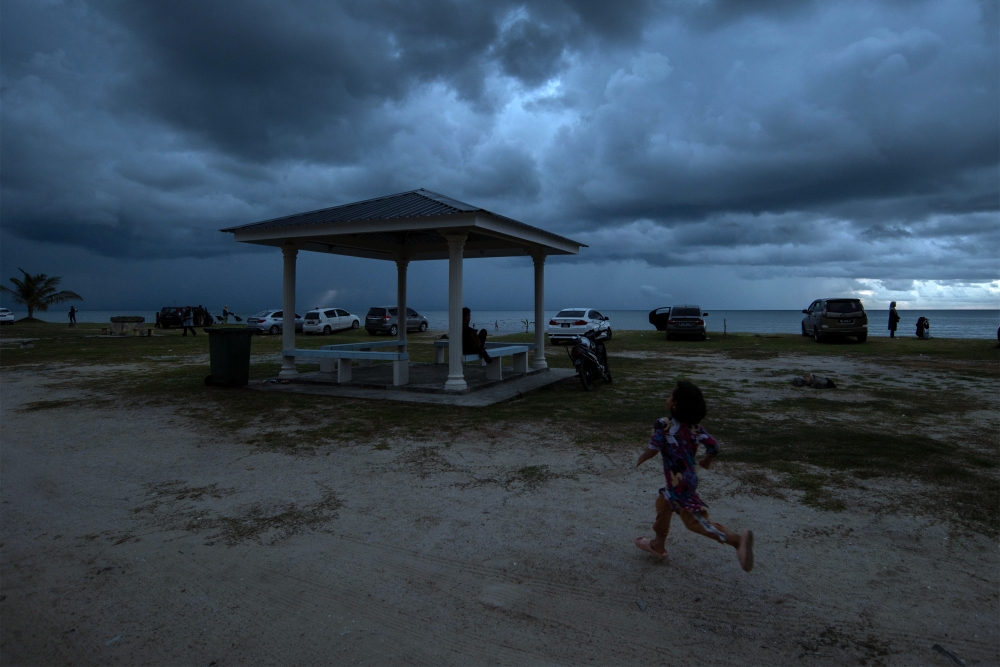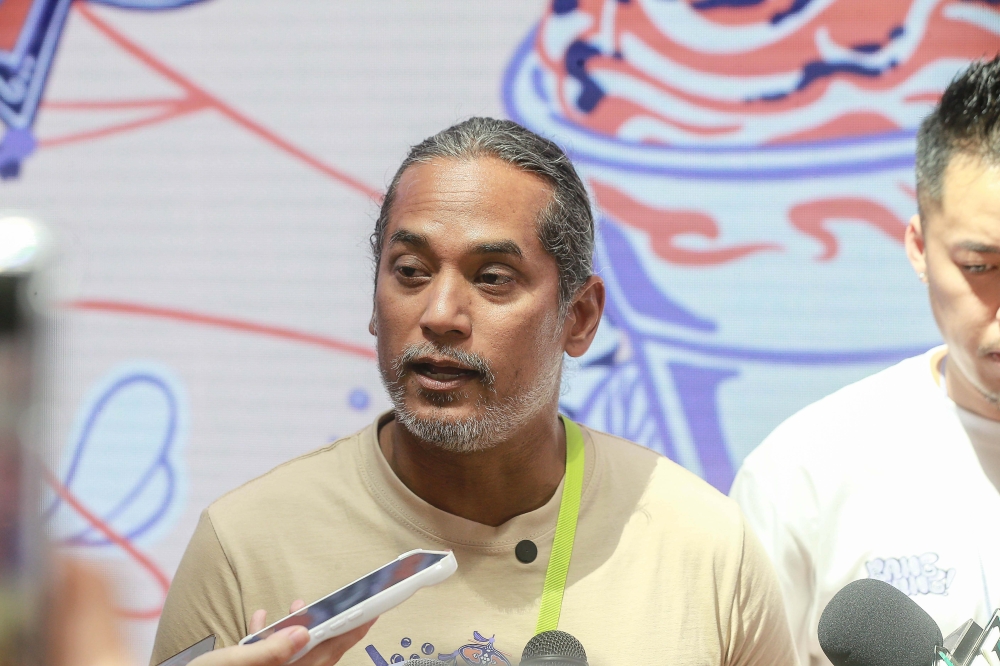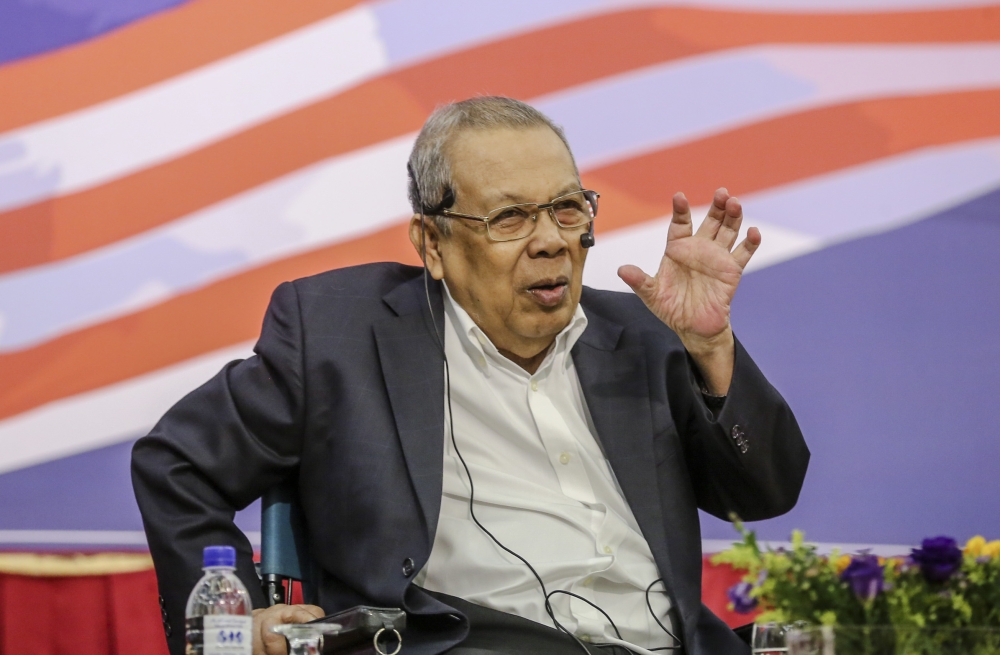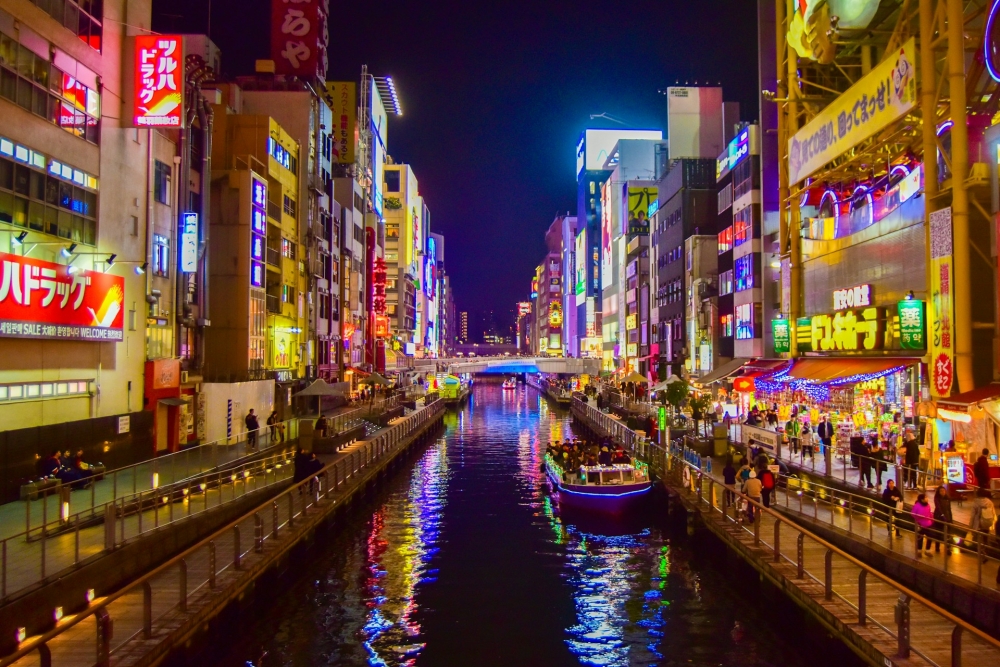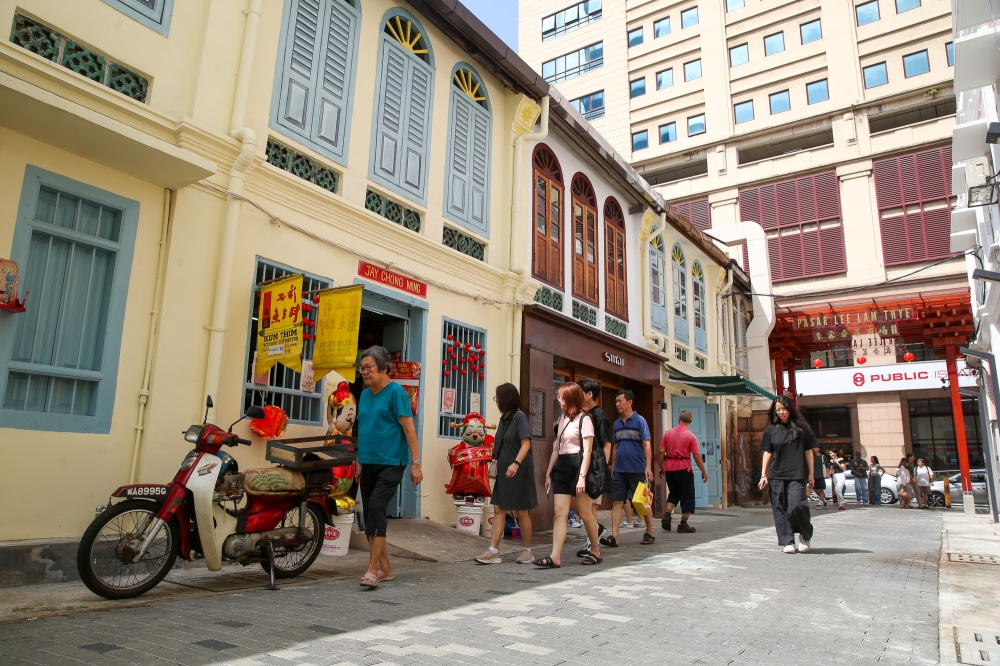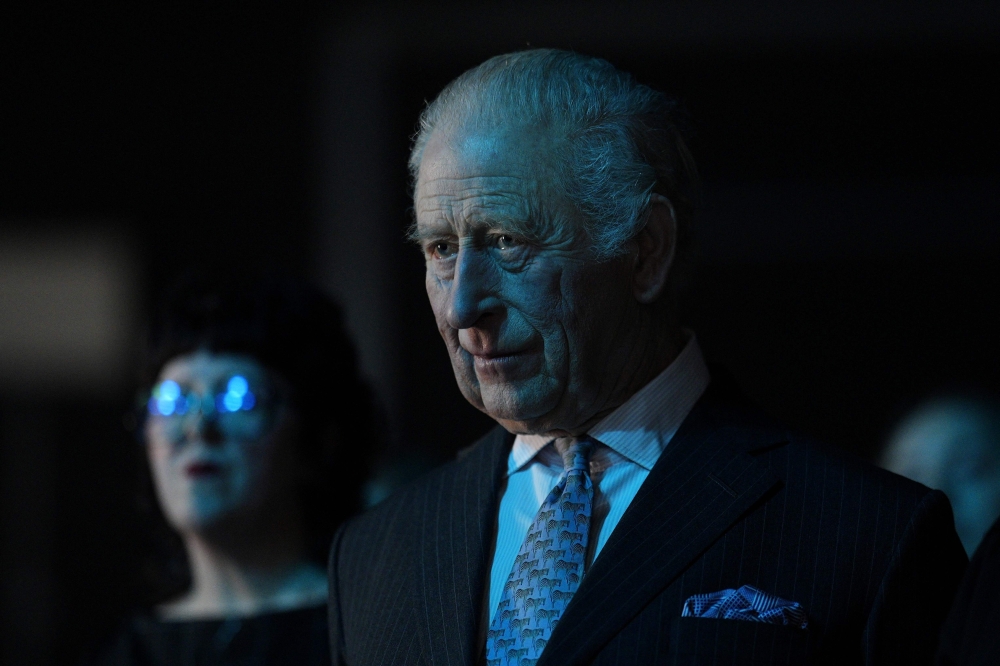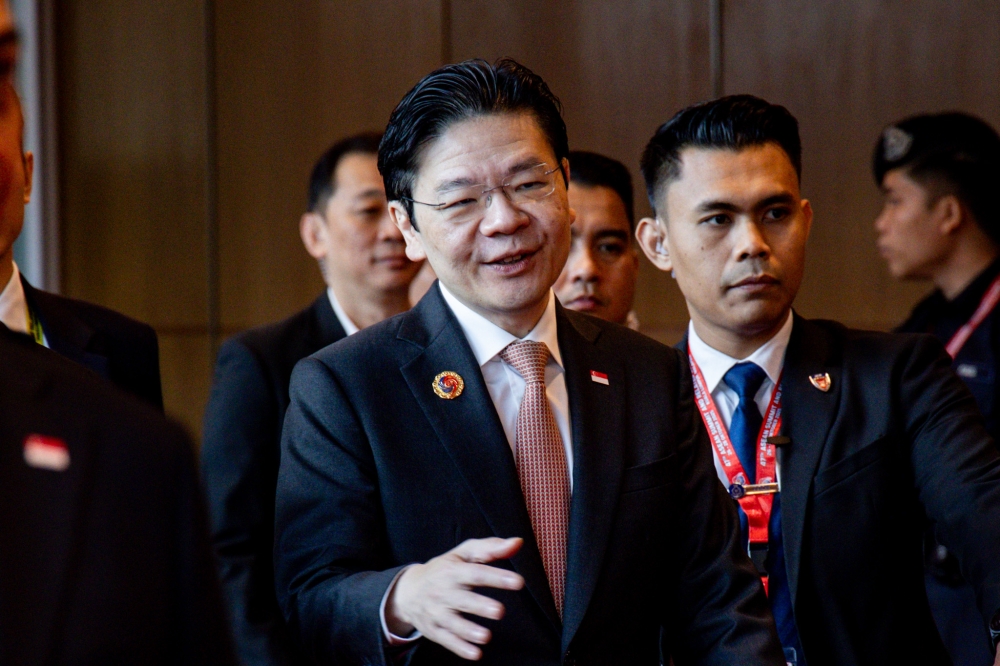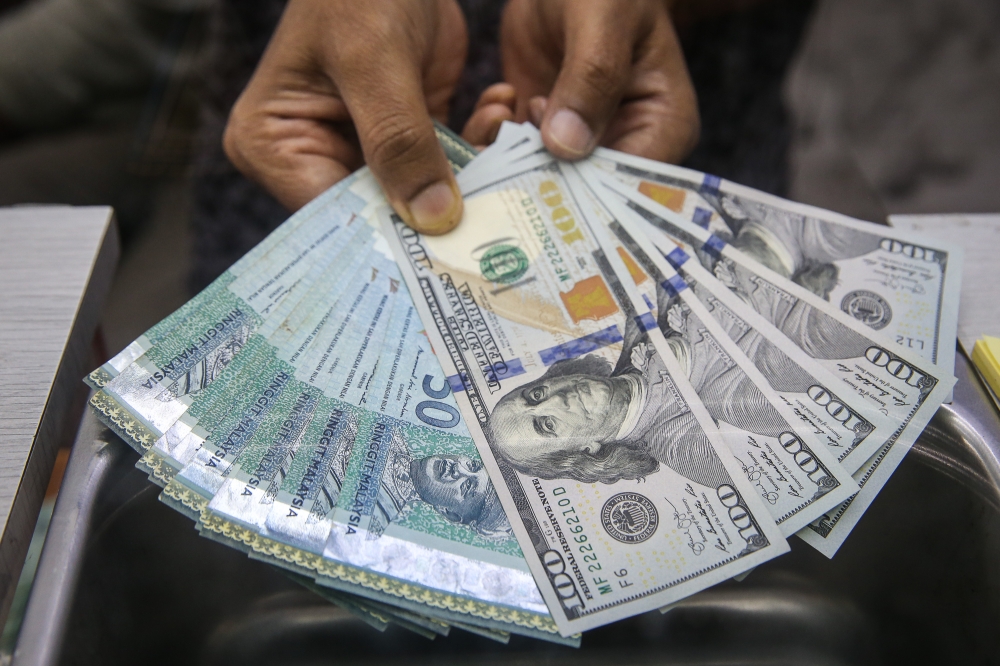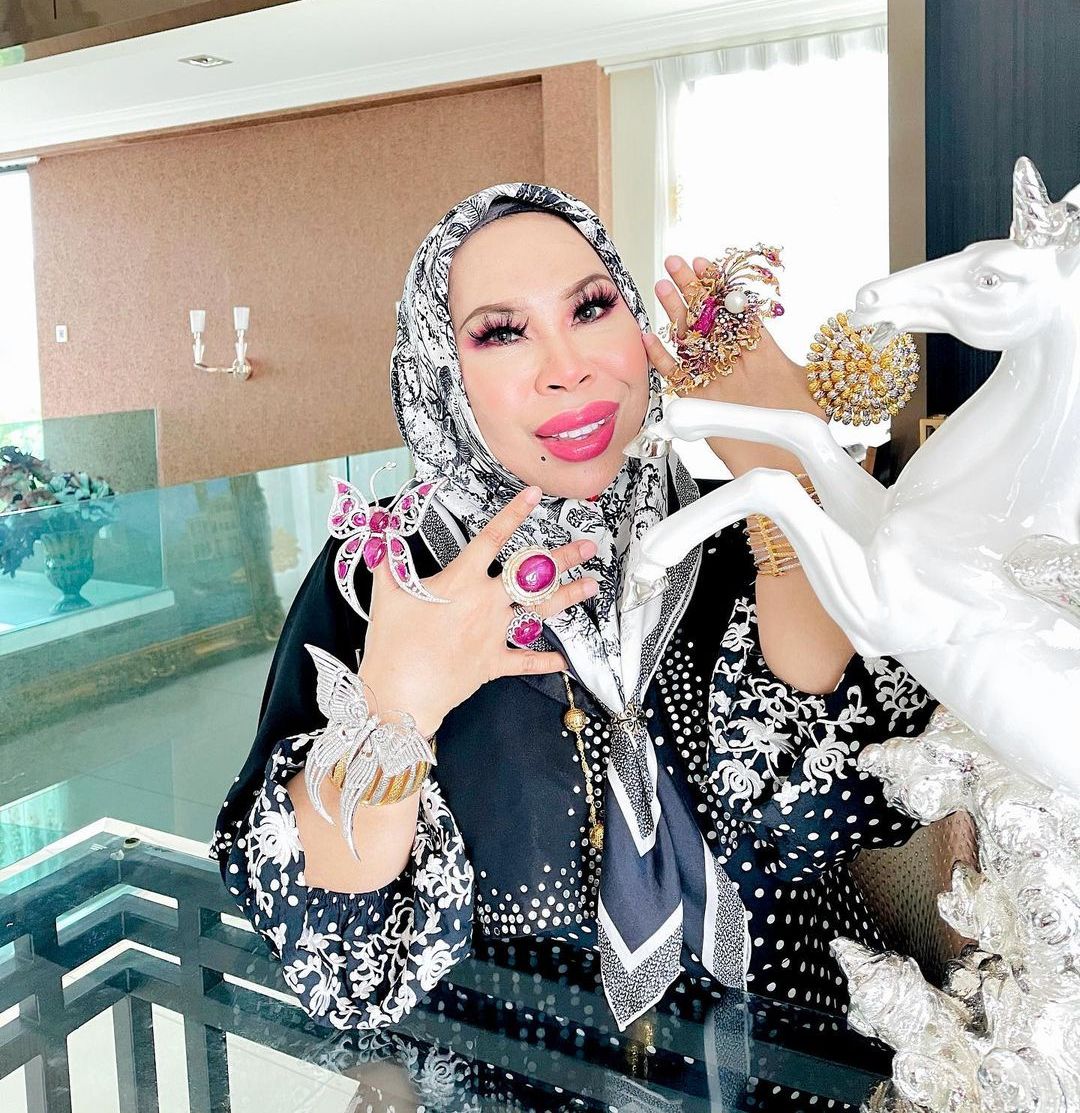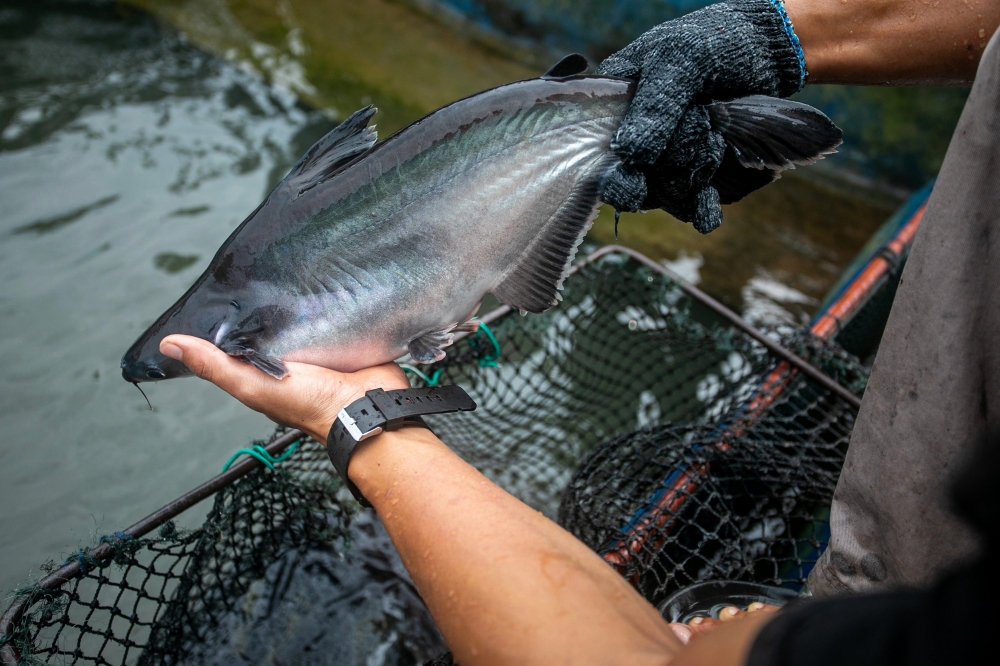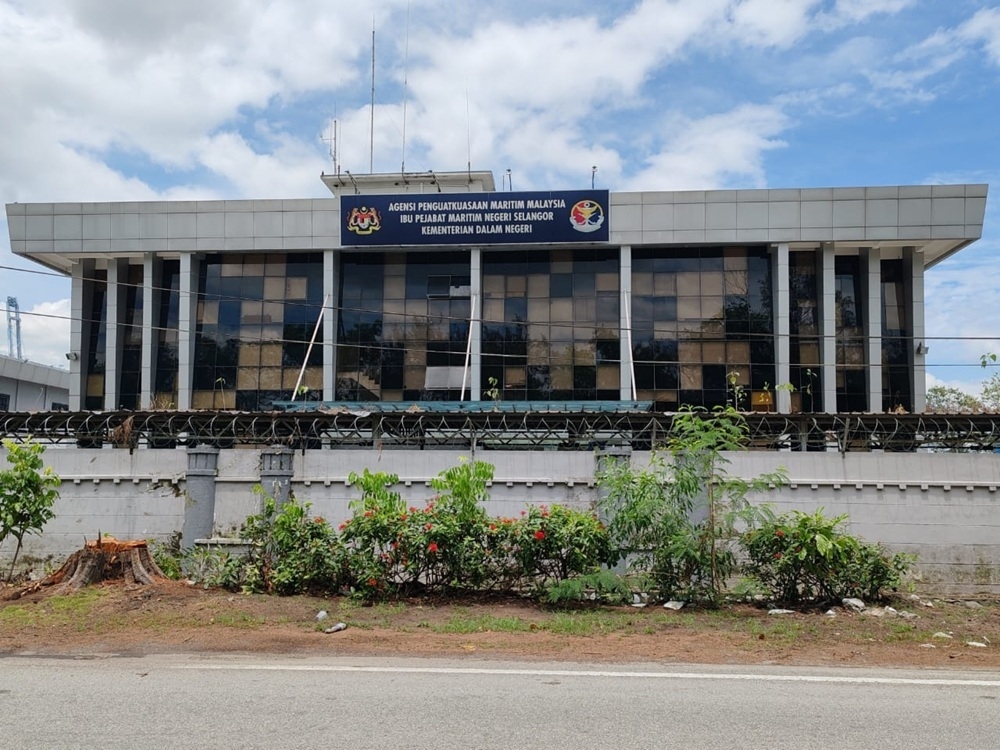PETALING JAYA, July 6 ― Malaysians waving the white flag or #BenderaPutih to signal distress are “lazy”, says cosmetics tycoon Datuk Seri Vida.
The Qu Puteh founder made the remark in a TikTok clip which she uploaded yesterday when she was buying food from a street vendor.
“Stop using the excuse of the movement control order to say you can’t make a living and can’t work,” said Vida whose real name is Hasmiza Othman.
Using the seller as an example, the businesswoman asked him how long he has been selling food to which he replied: “It’s been a year.”
Kibar bendera putih = pemalas + hanya harap bantuan orang lain + tak berusaha pic.twitter.com/90TFnqs6ke
— Megat 🏴 (@pedoqpop) July 5, 2021
“(He earns) RM200 to RM250 a day, as long as there’s a will and hard work and the most important thing, the menu has to be delicious and clean,” Vida said.
Pointing to the camera, the flamboyant entrepreneur exclaimed: “Do you understand? Work hard, don’t be lazy and expect help by putting up a white flag.”
The clip on TikTok has been watched close to half a million views.
On Twitter, many slammed the self-made millionaire who came from humble beginnings for her insensitive comments that illustrate the deep divide between the haves and have-nots.
“Why do rich people have no empathy?” asked @bilfikr1.
“The rich always are so arrogant with accusing the poor of being lazy, they only know how to ask but rich people forget it’s common folk who buy their products,” added @mistaaimanvevo.
“In general, rich people don’t know what the poor go through – to them, money isn’t an issue, so it has never crossed their minds what it’s like to lose one’s income,” said @Its16about.
Vida is cancelled!
— zyyril (@zyyrilll) July 5, 2021
Some pointed out that it was impossible to start a business venture without any capital.
“People have zero cent, Datuk, how to start a business? Many don’t want to beg like this but they have no choice,” said @Nashramly_.
Other Malaysians also lambasted Vida for not wearing a mask which is mandatory during Phase One of the National Recovery Plan to curb the spread of Covid-19.
@PDRMsia ada orang tak pakai mask, tak nak saman ke??
— 🌸 (@amyrasofea_) July 5, 2021
Who is she, and why is she not wearing a mask in public? @PDRMsia.
— Leopard Lady (@RoaringAwayz) July 5, 2021
The #BenderaPutih movement began last week as a response to the economic fallout of Covid-19 that continues to impact Malaysians who aren’t able to afford food and basic necessities.
According to the World Economic Forum, Covid-19 has worsened socioeconomic inequalities within and across countries, and like previous pandemics and recessions, inequality is expected to widen in the long term.

